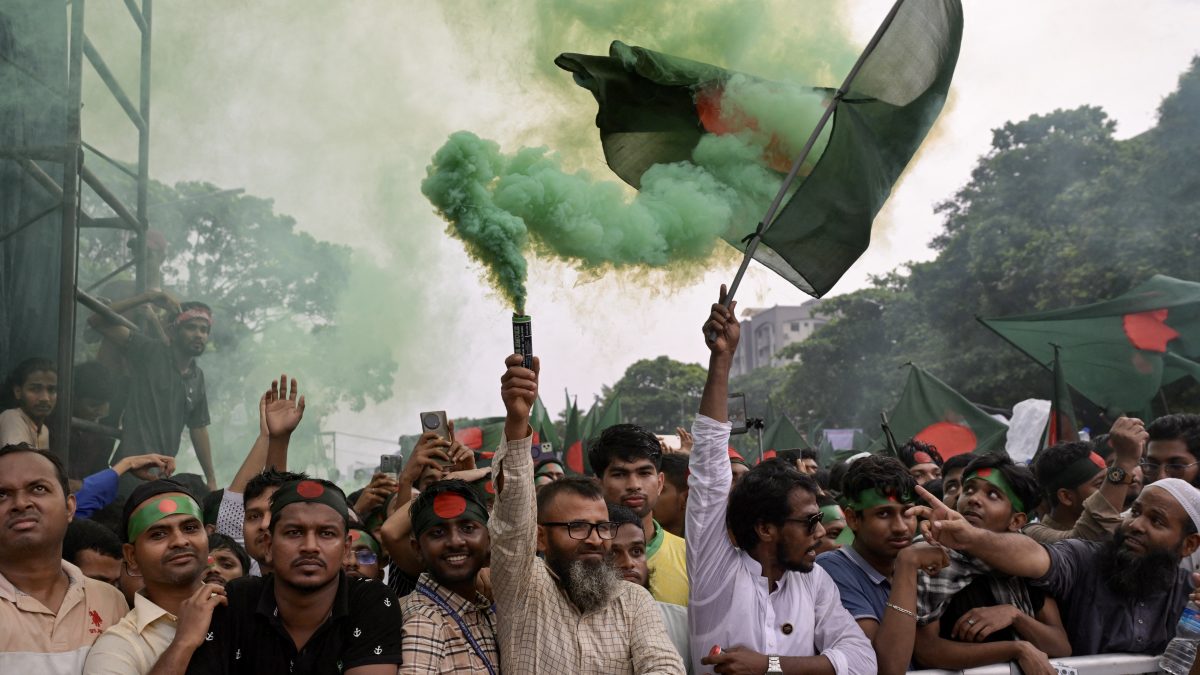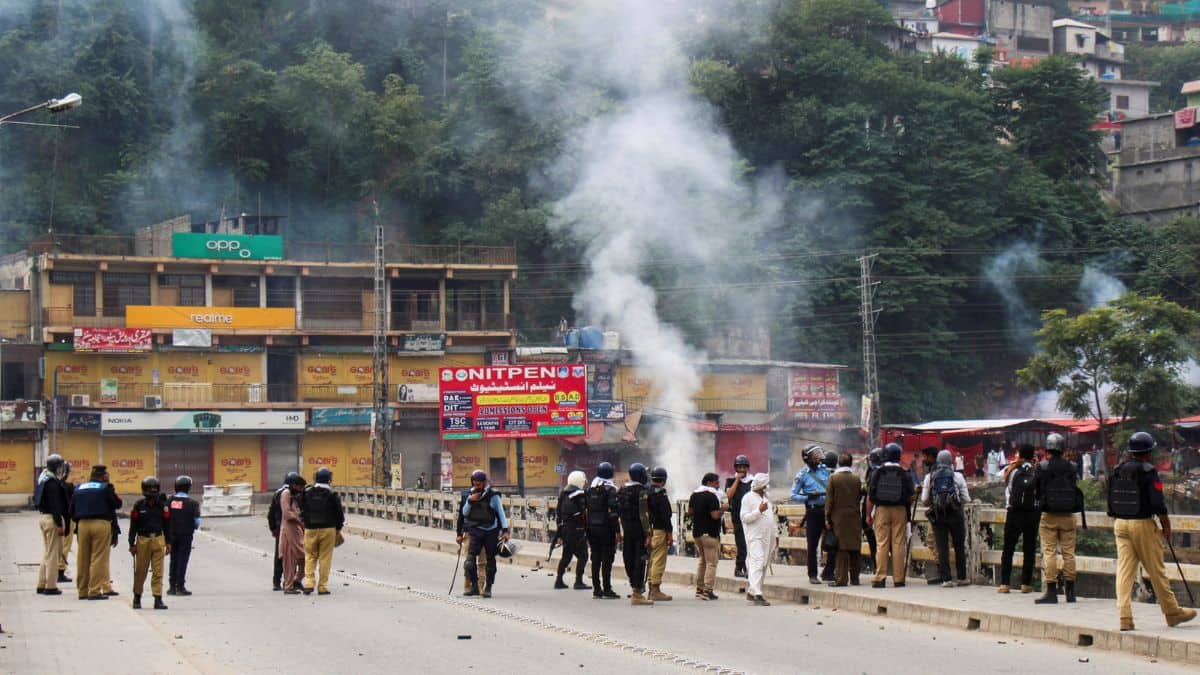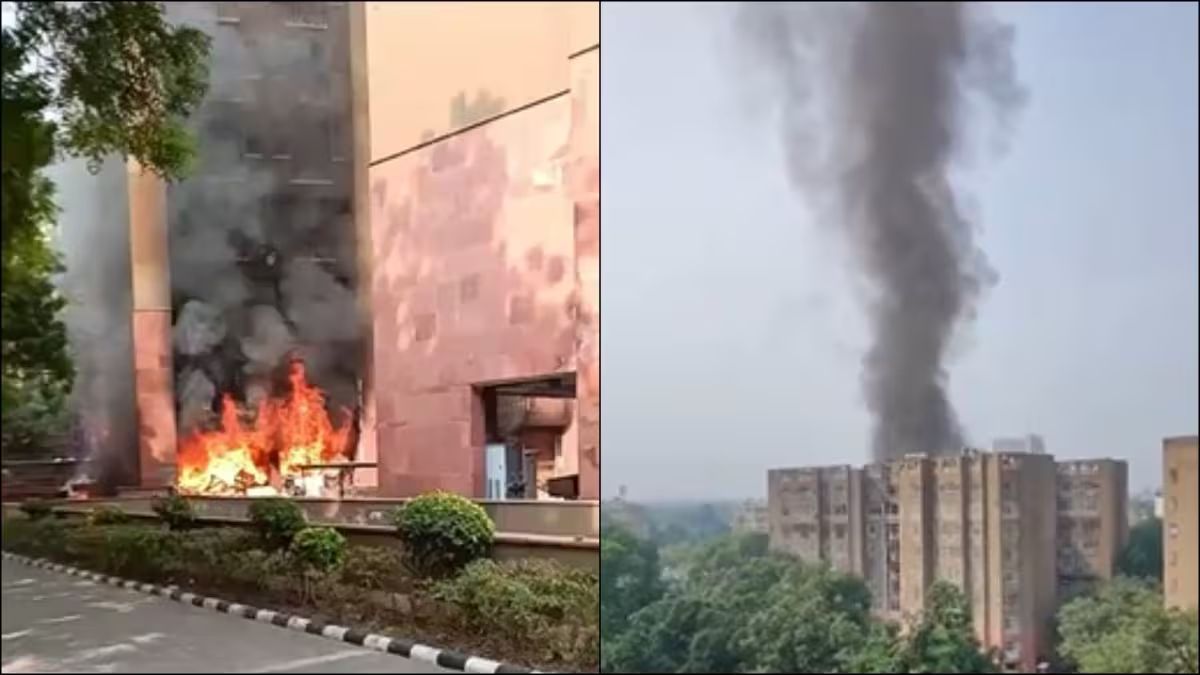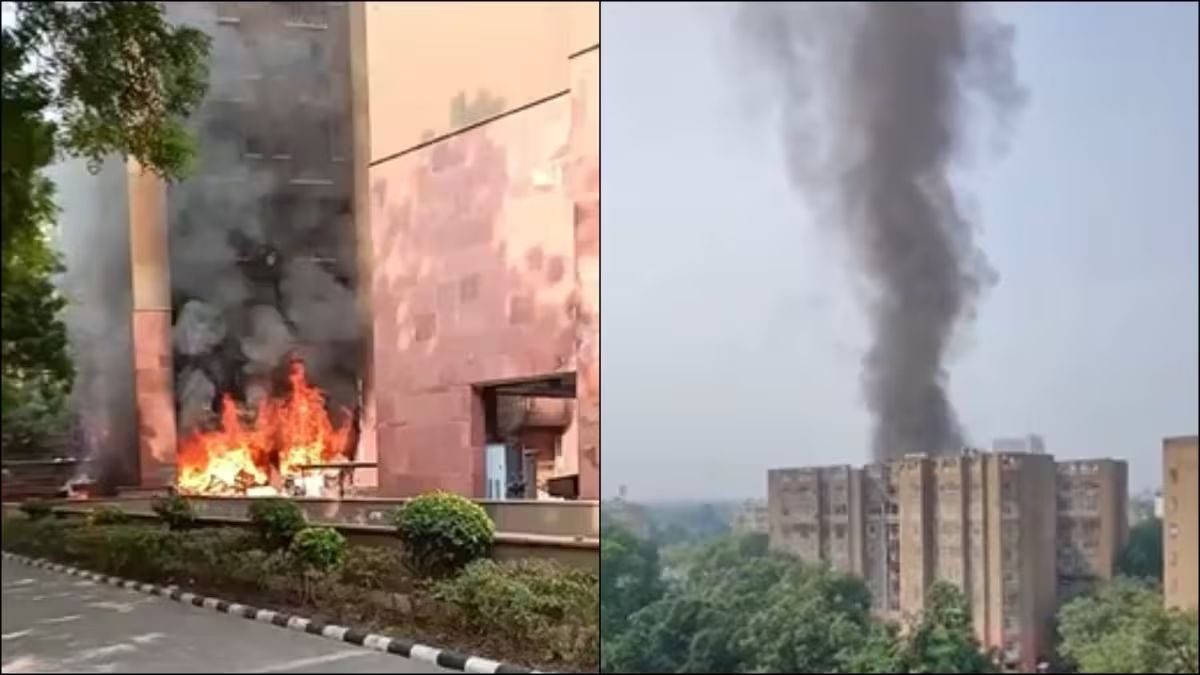Bangladesh stands today at a perilous crossroads. Just 54 years after its independence, the very ideals of sovereignty and freedom that inspired its birth are once again under threat. Despite overcoming countless crises over the decades, the nation has never before faced such an all-encompassing, existential challenge.
The principles, the vision, and the dream that gave birth to Bangladesh now appear deeply endangered.
The Orchestrated Assault on the Republic
The events of July–August 2024 were at first seen as a student-led movement. But over time, it has become clear that it was far more than that—a calculated assault on the very foundations of the state. Through those violent upheavals, extremist and militant forces have established an invisible stranglehold over the country’s political direction.
The nation that once broke free from Pakistan’s theocratic model to build a secular republic is now, disturbingly, retracing its steps toward a Pakistan-style order.
The Birth of a Bengali State Vision
The Liberation War of 1971 was not merely a territorial struggle—it was an ideological revolution to establish a distinctly Bengali state founded on secularism, democracy, socialism, and national unity.
After 1947, Bengali Muslims within Pakistan quickly realised that a state built on religion could not guarantee their political, cultural, or economic rights. Language suppression, cultural domination, and centralised exploitation revealed a deeper truth—that religion could not be the basis of statehood; it was national identity and culture that defined a people.
This realisation became the ideological foundation of the 1971 war of independence.
The Humanist Foundation of the Republic
The Constitution of 1972 embodied this progressive philosophy. Its preamble enshrined the four fundamental principles of nationalism, socialism, democracy, and secularism.
Impact Shorts
More ShortsSecularism did not mean hostility toward religion—it meant separating faith from politics, ensuring equality for all citizens regardless of creed.
In Bangabandhu Sheikh Mujibur Rahman’s state vision, secularism was an expression of Bengali humanism—a society where every person would be known first as a citizen, not as a follower of a particular faith.
Bangabandhu envisioned a Bangladesh where Muslims, Hindus, Christians, and Buddhists would live under one flag with equal dignity and opportunity.
Sadly, that inclusive and humane vision was short-lived.
The Beginning of Deviation
The assassination of Bangabandhu in August 1975 marked the start of Bangladesh’s political derailment. A military clique took over, opening the door for the rehabilitation of anti-Liberation elements.
President Ziaur Rahman introduced the concept of “Bangladeshi nationalism”, which stood in stark contrast to the Bengali nationalism of 1971. This redefined nationalism along religious and territorial lines—reviving the essence of Pakistan’s “unity through faith” ideology.
In 1977, the Fifth Amendment inserted the words “absolute trust and faith in the Almighty Allah” into the Constitution—striking the first major blow to Bangladesh’s secular character.
Soon after, political groups that had opposed independence—such as Jamaat-e-Islami—were rehabilitated and legitimised. Religious nationalism resurfaced, and the history of the Liberation War was systematically distorted.
In the 1980s, General Ershad weaponised religion for political gain and in 1988 declared Islam as the state religion—virtually erasing secularism from the Constitution.
Religious influence seeped into state institutions, education, and social life. Gradually, religious identity began to supersede civic identity, creating deep social polarisation—faith versus citizenship.
Democracy Returns, Ideals Lost
The fall of Ershad in 1990 restored electoral democracy but not ideological clarity. When the Awami League returned to power in 1996, it attempted to revive the spirit of the Liberation War. Yet, under political pressure, it retained Islam as the state religion—preserving a constitutional contradiction: secularism on one hand, state religion on the other.
This contradiction continues to confuse the nation’s moral and political psyche. Two conflicting visions coexist—Bangabandhu’s secular humanism versus the rising tide of religious politics.
A Nation on the Edge of Darkness
Today, Bangladesh, born out of the Liberation War, stands on the brink of darkness. The forces once defeated in 1971 have returned—united under a renewed banner of Pakistan-inspired religious nationalism. Their objective is unmistakable: to reconfigure Bangladesh into a theocratic polity, dressed in the language of patriotism.
Under the guise of faith, they are deepening divisions—polarising society through belief, dress, food, and ideology. They distort history, undermine secular values, and are working systematically to dismantle the very concept of a Bengali state.
The Only Road to Salvation: Reawakening the Founding Spirit
In this grave hour, the responsibility of rescuing Bangladesh falls once again on the political force that once led it to freedom—secular nationalism. Few parties beyond the Awami League are positioned to lead such a revival—but to do so, it must first reconnect with its founding spirit. The party was formed in 1949 as a progressive response to the communal politics of the Muslim League. It evolved into a democratic, secular, people-centric movement grounded in social justice and cultural liberation.
It must now return to those roots.
The Call for a New Beginning
Only by reviving its three core foundations—secularism, humanism, and Bangaliyana—can the Awami League reclaim its historic role as the nation’s moral and political vanguard.
The same ideals that led the 1971 Liberation War must once again guide the nation’s rebirth.
Bangladesh today stands at a defining moment—caught between the rise of Pakistan-style religious politics and a weakened democratic order. The only way forward is through the renewal of the Bengali state vision—a return to a secular, inclusive, and humanist republic.
The author is a Bangladeshi journalist. Views expressed in the above piece are personal and solely those of the author. They do not necessarily reflect Firstpost’s views.


)

)
)
)
)
)
)
)
)



